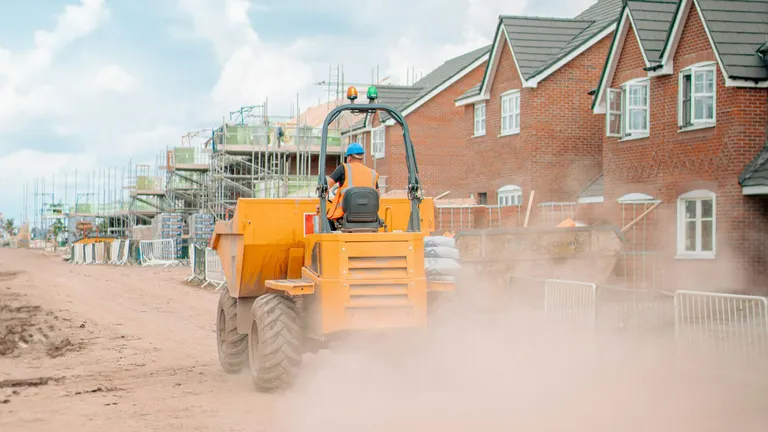Groundworks – More Than Just A Buzzword

In the realm of modern construction and agricultural practices, the term "Groundworks" has been gaining significant traction. While it may seem like just another industry buzzword, it encompasses a wide array of vital tasks essential for preparing the ground prior to construction. This article delves into what groundworks entail and why they are so crucial in contemporary projects.
What is Groundworks?
Groundworks involves a variety of activities such as trenching, drainage, site clearance, stabilisation, landscaping, and ground investigation. It serves as the foundational work that sets the stage for any construction endeavour, be it erecting a new building or undertaking agricultural developments. As projects vary greatly in size, scope, and complexity, the equipment required for groundworks can range from small-scale machinery to heavy-duty vehicles, depending on the specific needs of the site.
Primary Tasks in Groundworks
One of the primary tasks within groundworks is site clearance. This involves the removal of any existing structures, debris, or vegetation to prepare the land for subsequent activities. Whether it’s demolishing old buildings or clearing away hazardous waste, site clearance sets the groundwork for further construction. Excavators equipped with attachments like grabs and buckets, loading shovels, dozers, and dumpers are commonly used in this process. The size and scale of the machinery employed depend entirely on the magnitude of the project at hand.
Example Scenario
Imagine a farm gearing up to erect a new livestock shed or storage facility. Before the foundation can be laid, extensive groundwork is necessary. This could involve clearing away old structures, levelling the terrain, and ensuring proper drainage for the new construction. In such scenarios, modern groundworks equipment plays a pivotal role in streamlining these preparatory tasks, making the construction process more efficient and cost-effective.
The Evolution of Groundworks Equipment
The evolution of groundworks equipment has brought about a multitude of benefits to modern construction practices. From increased efficiency to enhanced safety measures, these advancements have transformed the way projects are executed.
Benefits of Modern Groundworks Machinery
One notable advantage is the versatility offered by modern groundworks machinery. With a diverse range of equipment available, contractors can tailor their approach to suit the specific requirements of each project. Whether it’s a compact mini digger for small-scale jobs or specialised machinery for large-scale endeavours, the flexibility of these assets ensures optimal performance across various construction sites.
Additionally, advancements in technology have led to the development of more precise and automated systems within groundworks equipment. This not only improves accuracy but also reduces the margin for error, resulting in higher-quality outcomes. Features such as GPS-guided excavation and remote monitoring enable operators to work with greater efficiency and precision, ultimately speeding up project timelines.
Sustainability in Groundworks Equipment
Furthermore, modern groundworks equipment is designed with sustainability in mind. From eco-friendly fuel options to reduced emissions and noise levels, manufacturers are prioritising environmentally conscious solutions. This not only aligns with the industry's growing focus on sustainability but also contributes to a more eco-friendly approach to construction practices.
Conclusion
Groundworks may indeed be the new buzzword in construction circles, but its significance cannot be overstated. From site clearance to drainage and beyond, these preparatory tasks lay the foundation for successful construction projects. With the aid of modern groundworks equipment, contractors can navigate the complexities of site preparation with ease, ushering in a new era of efficiency and innovation in the construction industry.